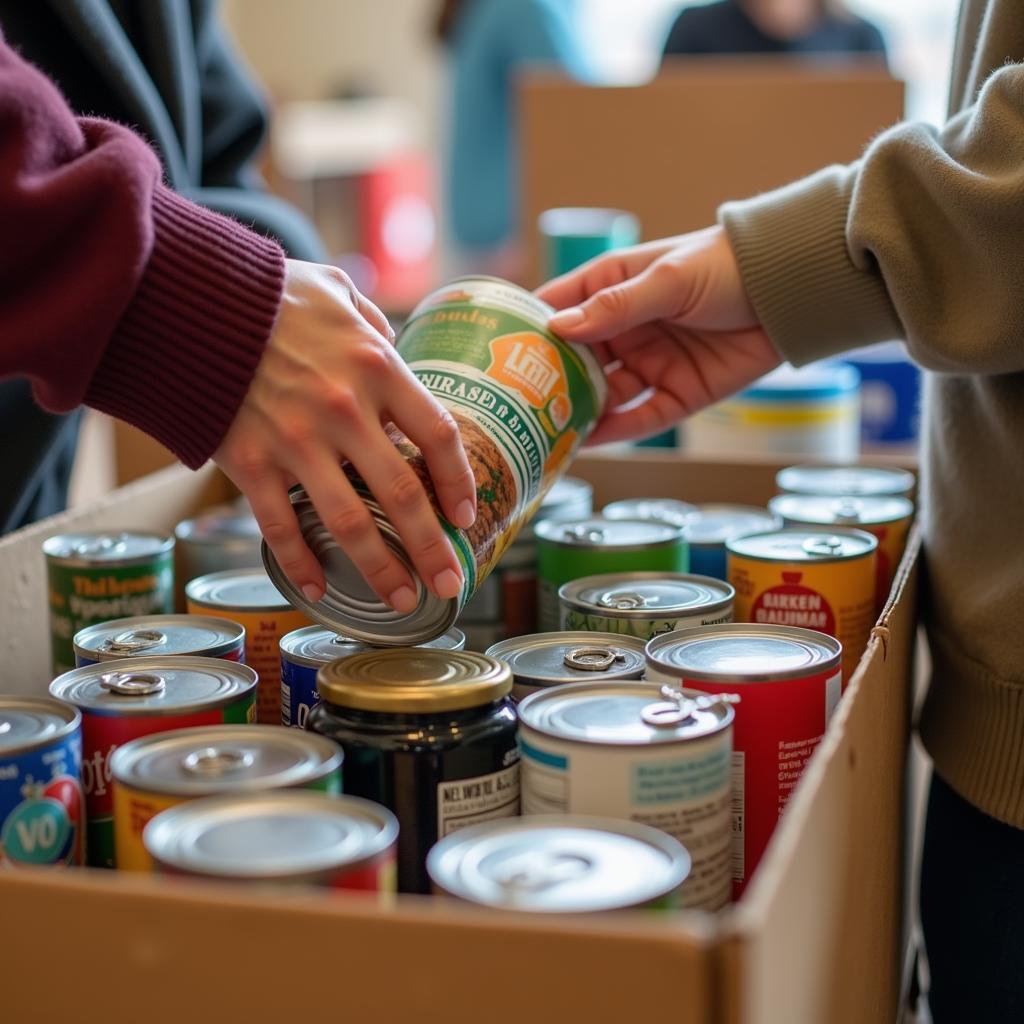Food insecurity is a pressing issue, and many individuals and families struggle to put food on the table. That’s where food pantries step in, offering a lifeline of support and nourishment to those in need. But navigating the world of food pantries can sometimes feel overwhelming. This guide aims to demystify the process, answering common questions and providing valuable information to help you find the assistance you need.
Understanding Food Pantries: What are they and how do they work?
Food pantries are community-based organizations that distribute food to individuals and families facing food insecurity. They act as a vital resource, bridging the gap between scarcity and sustenance. Most food pantries operate on a network of donations, receiving food from individuals, grocery stores, food banks, and government programs.
These pantries then distribute the food directly to those in need, often through a variety of methods, including:
- On-site pantries: These are traditional brick-and-mortar locations where individuals can visit and select food items.
- Mobile pantries: These pantries travel to various locations, making food accessible in areas with limited resources.
- Delivery services: Some pantries offer delivery services for seniors, individuals with disabilities, or those without transportation.
Who is eligible for food pantry assistance?
One of the most common misconceptions about food pantries is that they are only for the homeless or unemployed. The truth is, food pantries serve a diverse population facing a range of challenges. You may be eligible for assistance if:
- You have experienced a recent job loss.
- Your income falls below a certain threshold.
- You are facing unexpected medical bills.
- You are a senior citizen on a fixed income.
- You are a student struggling to make ends meet.
Locating a Food Pantry Near You
Finding a food pantry near you is easier than you might think. Here are a few ways to locate a pantry in your community:
- Online directories: Websites like Feeding America and WhyHunger offer searchable databases of food pantries nationwide. Simply enter your zip code to find pantries in your area.
- 2-1-1: Dialing 2-1-1 connects you to a national helpline that can provide information about local resources, including food pantries.
- Local community centers: Community centers, libraries, and places of worship often have information about nearby food pantries.
You can also check out our comprehensive resources on specific food pantries, such as:
Making the Most of Your Food Pantry Visit
Visiting a food pantry for the first time can feel intimidating, but remember that pantry staff and volunteers are there to help. Here are a few tips to make your visit as smooth as possible:
- Call ahead: It’s always a good idea to call the pantry beforehand to confirm their hours of operation, location, and any required documentation.
- Bring bags or containers: Bring reusable bags or containers to carry your groceries home.
- Be patient and respectful: Food pantries are often busy places, so be patient and respectful of staff and volunteers.
Giving Back: How to Support Your Local Food Pantry
 Donating canned goods and non-perishable items
Donating canned goods and non-perishable items
Food pantries rely heavily on the generosity of the community to operate. Here are a few ways you can make a difference:
- Donate food: Non-perishable items like canned goods, pasta, rice, and cereal are always in high demand.
- Volunteer your time: Food pantries often need volunteers to help with tasks like sorting donations, stocking shelves, and distributing food.
- Spread the word: One of the best ways to support your local food pantry is to spread the word about their services and encourage others to get involved.
If you’re interested in contributing to food assistance programs in other ways, consider exploring options like the Downey First Christian Church – Food Distribution Center or the Free Indeed Food Pantry, which offer unique approaches to addressing food insecurity. Additionally, if you’re looking for practical solutions to store pet food efficiently, check out our guide on stack and store pet food containers.
Conclusion: Path Food Pantry – A Community Lifeline
Food pantries play a critical role in addressing food insecurity and providing essential support to individuals and families in need. By understanding how food pantries work, knowing where to find them, and contributing to their mission, we can help ensure that everyone has access to nutritious food. Remember, no one should have to face hunger alone.
For immediate assistance or further information, please don’t hesitate to reach out. Contact us at Phone Number: 02437655121, Email: [email protected] or visit us at 3PGH+8R9, ĐT70A, thôn Trung, Bắc Từ Liêm, Hà Nội, Việt Nam. Our dedicated customer support team is available 24/7 to address your concerns.